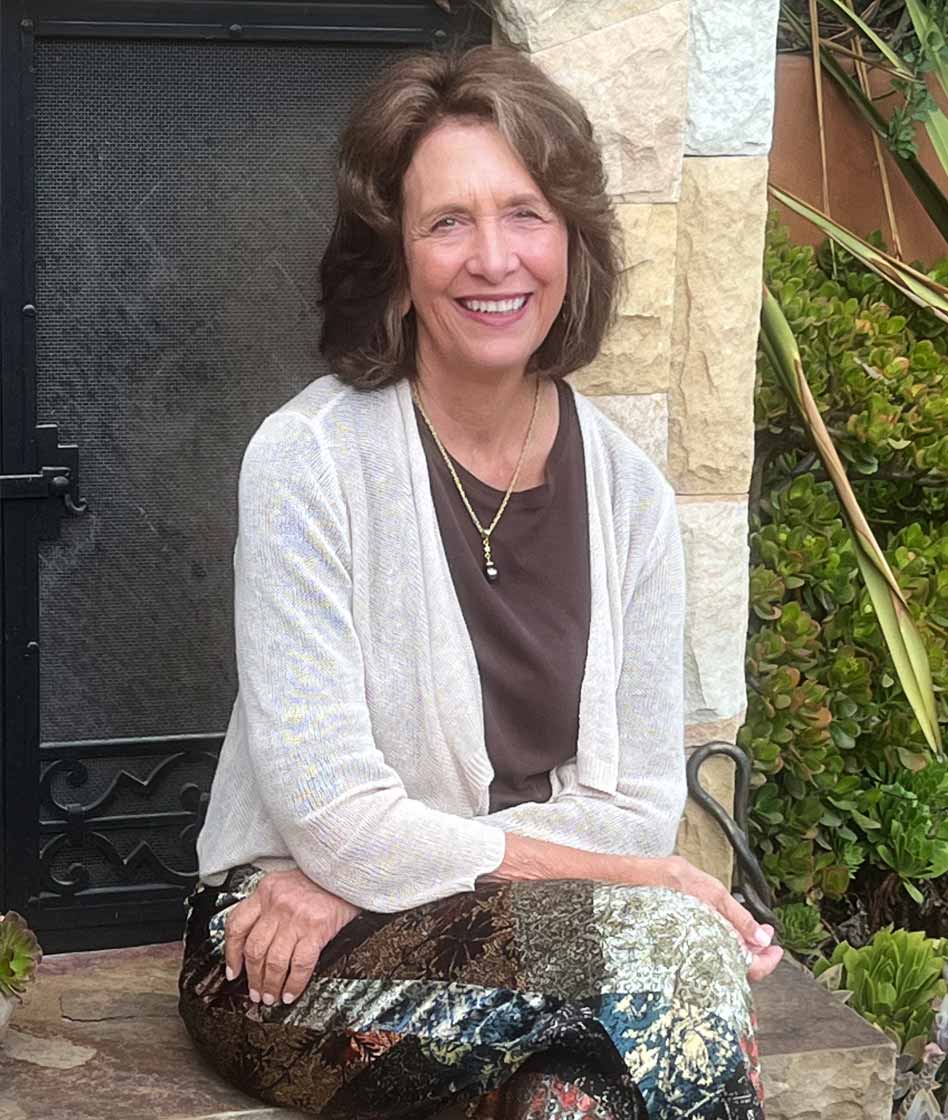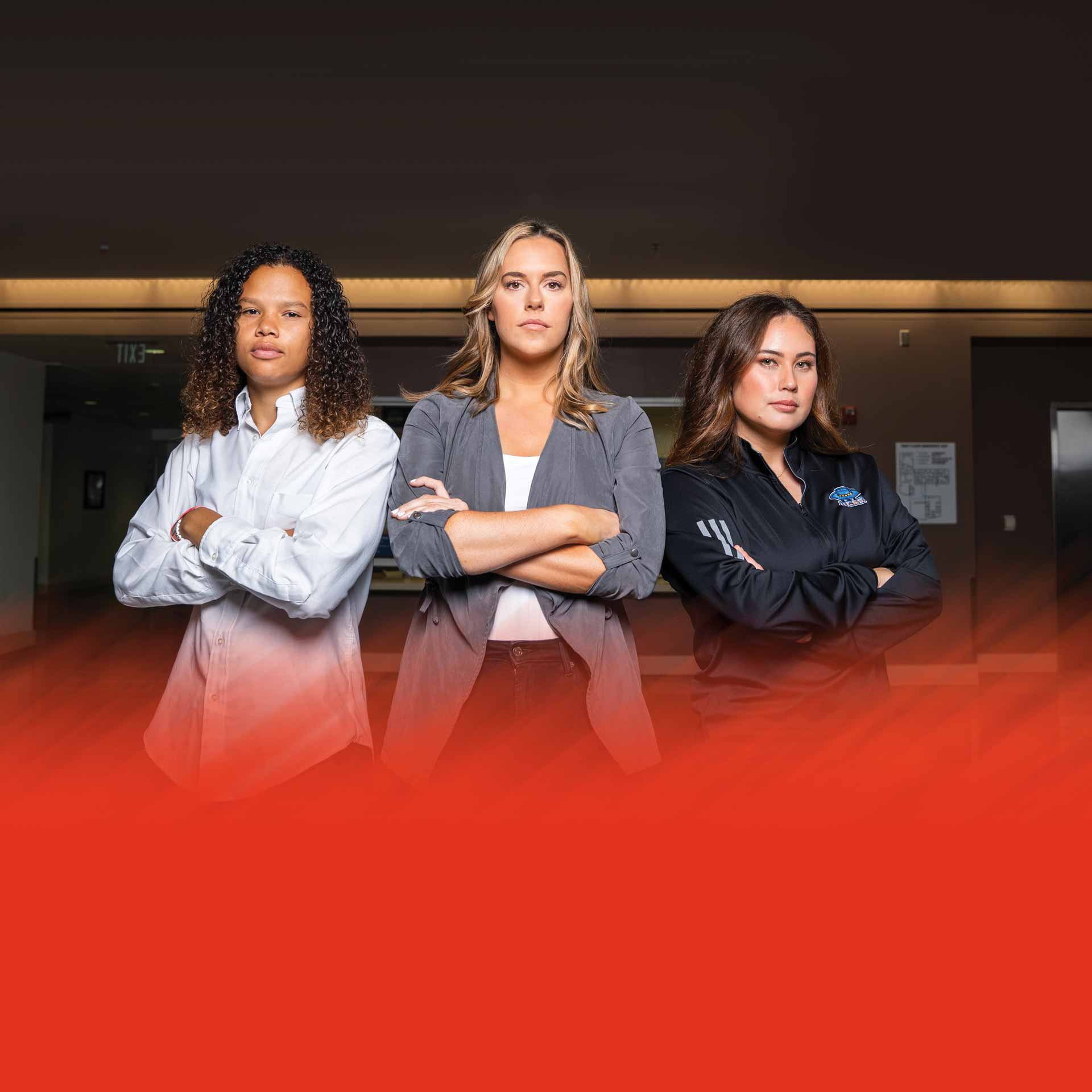For all the talk today about the dearth of women in STEM disciplines, imagine how scant their numbers must’ve been in the 1970s. Pamela Lopker can tell you — at least as far as her university courses were concerned.
“I think there was only one other woman in computer science, and in math maybe two that I can think of,” Lopker recalls now. Not that she was daunted. Tenacious by nature, she looked around lecture halls wondering why there weren’t more women beside her.
“I never got it, why more women didn’t jump on that; tech is a great field for women, with so much opportunity,” says Lopker. “For me it was always, ‘What can I do in college so that when I get out, I can get a well-paying job, support myself, buy a house and make my own way?’ A lot of young people today don’t think that way going into college. I don’t know what’s right or what’s wrong but that was my goal — get a job, support myself and live a comfortable life.”
A native of Cupertino, where her father was an electrical engineer, Lopker had arrived at UC Santa Barbara determined to depart not only with a degree but with a solid career outlook.
You could say she made good on that.
Two years out of college and working locally as a programmer, Lopker launched QAD Inc., developing business software for manufacturers. Her first client? Her then-boyfriend, Karl Lopker, who hadn’t found quite the right software for his nascent sandal company, Deckers. After building Karl a custom program, Lopker decided to try and find a few other customers. That worked out well.
“At the end of the first two years with QAD, I could see that eventually I’d be able to pay myself a living wage, which I did in about five years,” she remembers now. “It takes a long time, and it’s a journey, but I could see it, so I kept going.”
QAD became an industry giant, and Pamela Lopker a rock-star entrepreneur. She made the cover of Forbes Magazine — twice — and landed in the Women in Technology Hall of Fame. With Karl, she became a prolific philanthropist, contributing broadly and generously to the university, among many other entities. She retired in 2021, after selling QAD for $2 billion.
“People say to me now, ‘Oh, you’re so successful,’ and I think, ‘Really?’ I’m still on that journey,” she says. “You just keep focusing on what’s next and there’s always something next. You’re never finished; there’s always a next thing.”
Next — rather, now — for Lopker is the Lopker Family Foundation, where she has turned her focus to fighting cancer. Karl Lopker died of prostate cancer in 2018, lighting a fire in Pamela to support research that may lead to new complementary therapies for many cancers.
“These are incredible people with amazing minds, and I feel privileged to be able to give them the money to continue their studies,” Lopker says. “The people doing this kind of research — they are the real rock stars.”



